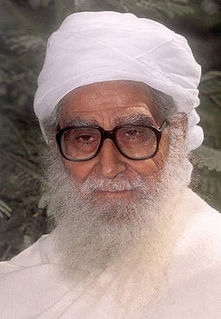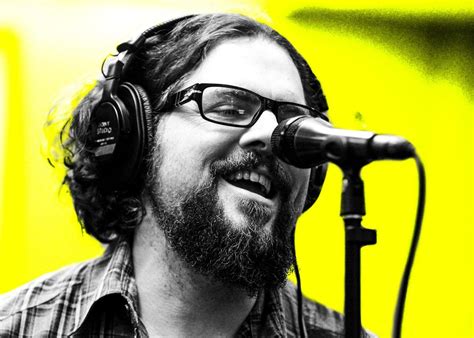A Quote by Ali ibn Abi Talib
Recitation of the Qur'an without contemplation and thought is futile.
Quote Topics
Related Quotes
During the fast of Ramadan, our minds stayed on the worship of Allah and stayed on the remembrance of the great gift to humanity of the Qur'an must mean then that following that sacredness of the Qur'an should be our actions in accord with what the Qur'an and Allah demands of the believer especially during this Sacred Month.
Shari'a is not just the Qur'an, you see Shari'a is comprised according to all the doctrines. There's consensus and analogy - argument by analogy. These are the four components in the Shari'a. An orthodox Sunni would not accept that the Shari'a was simply comprised of the Qur'an itself and actually there are people who say that it's heretical to believe that. They have to say that because if they don't say that then they would have to accept that, for example, stoning is not a punishment which appears in the Qur'an - it doesn't.
Two opposing forces inhabit the poem: one of elevation or up-rooting, which pulls the word from the language: the other of gravity, which makes it return. The poem is an original and unique creation, but it is also reading and recitation: participation. The poet creates it; the people, by recitation, re-create it. Poet and reader are two moments of a single reality.





































